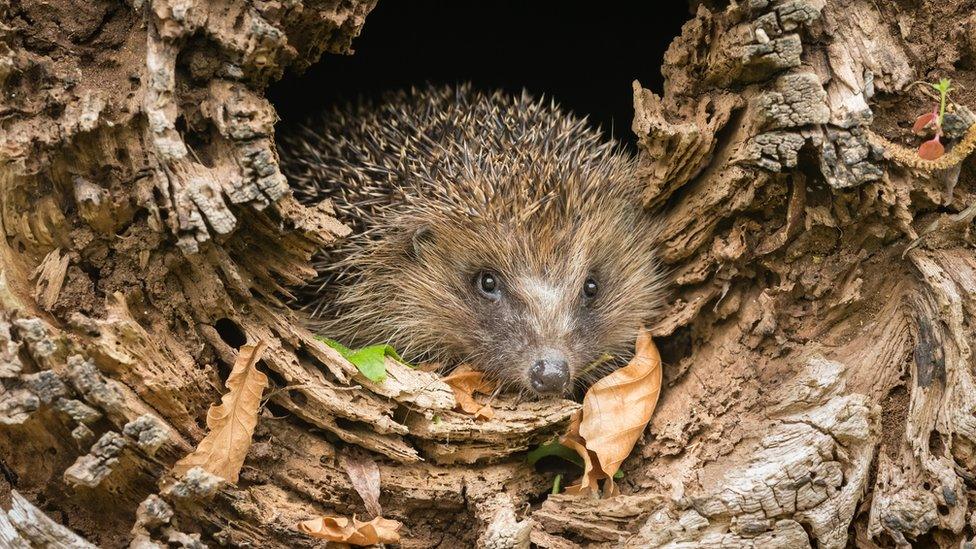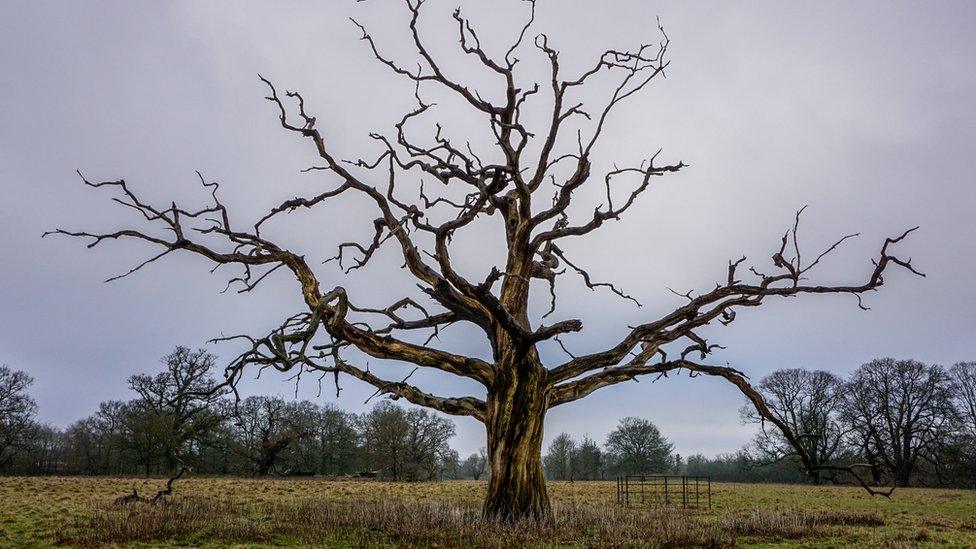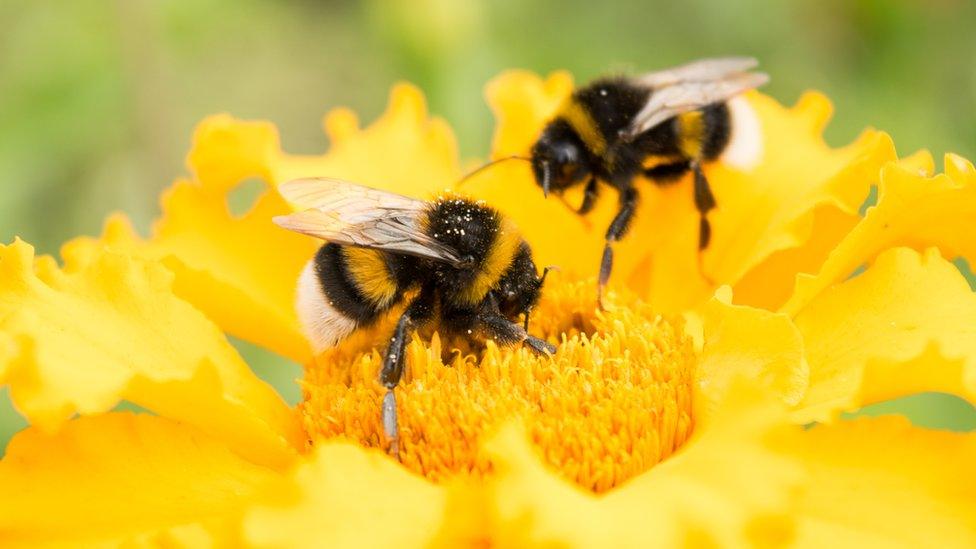Sea levels rising faster than ever, Met Office says
- Published
- comments

Sea levels in the UK are rising faster than they were a century ago, according to a special report produced by the Met Office.
Published each year, it looks the UK's climate and weather and the ways climate change is affecting the UK.
The report also states that higher temperatures are the new normal for Britain, among other big changes for the UK.
It says that while the UK climate in 2021 was "unremarkable" by modern standards, it would have been exceptional 30 years ago.
That is because climate change is altering the planet, making hotter temperatures the norm.
What did the report find?
The report has suggested that sea levels are rising at a quicker rate then they have in over a century, rising by about 16.5 cm since 1990.
Sea levels are growing by 3-5.2mm a year, which is more than double what it has been in the past.
The higher the levels rise, the more homes are put in danger of flooding if a huge storm hit certain parts of the UK, the Met Office says.
Dr Svetlana Jevrejeva from the National Oceanographic Centre said that although the coastline is ever-changing, "the scale, rate and impact will change and it will change dramatically quite soon".

As the UK warms up, creatures like hedgehogs will wake from hibernation earlier, but might find its too cold or that they can't find their usual food sources
Other parts of the report reflect on temperatures and the seasons.
It said if last year's temperatures occurred in 1992, it would have been one of the UK's warmest years on record.
It also highlighted that higher temperatures like the ones the UK saw earlier this month will become more frequent and that Spring will come earlier.
But the Met Office has warned that wildlife may not be able to adapt fast enough to these changes.
What does this mean for the UK?
Commenting on the rising temperatures in the UK, the report states: "Although 1°C of warming might not sound like much, it has led to maximum temperatures like the 32.2°C we saw in 2021 becoming routine rather than the exception.
"This is particularly stark when considering the record-breaking heat the UK experienced just last week."
The report also highlights the fact that seasons are changing earlier in the year than expected, with the changing climate bringing spring earlier.
This can be a particular concern for the UK's wildlife and farming populations, impacting plants and animals.

Trees usually look like this in the early autumn September and October and leave crunchy leaves on the floor, in 2021 however, the leaves fell later than usual
Last year wildlife that usually hibernates came out earlier but weren't prepared for April's dip in temperature and some flowers and plants couldn't bloom.
September and October were warmer than usual too, which meant trees didn't lose their leaves as early as they would have done in previous years.
- Published8 January 2022

- Published2 June 2021

